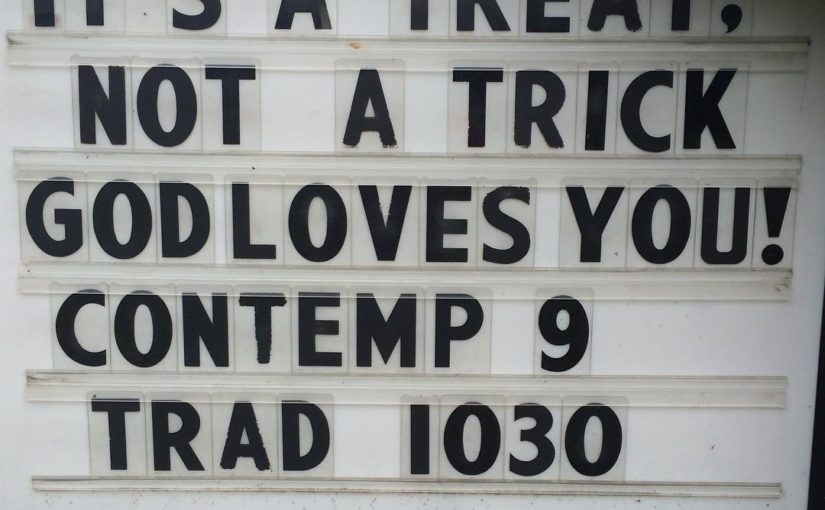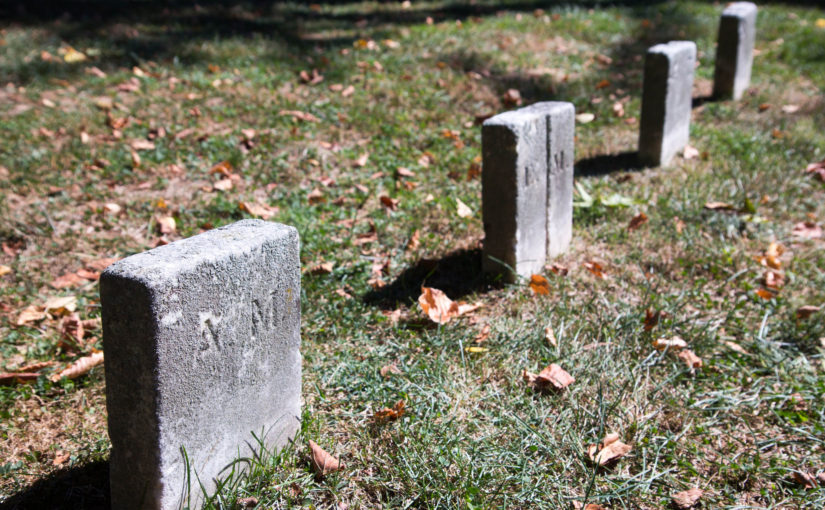The Gospel Reading is Luke 16:19-31.
Starting this week, this space will be used to unpack parts of the reading of the gospel. Pastor Marc hopes this will help us return to this story during the week, discovering how God is speaking to us in our day-to-day lives, and letting us explore this story with our family and friends.
When it comes to the individual books in the Bible, there are different ways to outline each one. Here’s the outline I use for Luke: Luke is part 1 of a 2 part work (the other half is Acts) and can be split into 4 major sections. The Beginning (1:1-2:52); Teaching (mostly around Galilee): 3:1-9:50; Last Journey to Jerusalem (9:51-19:28); Dying, Rising, and Return to the Temple: 19:29-24.53. Today’s reading takes place in part 3 of Luke – the Journey to Jerusalem. Jesus has taught, preached, healed, and ate his way from Galilee to Jerusalem. Today’s story takes place during a journey from where Jesus grew up to the place where he will die. That movement from Life to Death to Life again is an important backdrop to this story.
Notice who is named and who isn’t. Lazarus is poor, ill, and hungry. He doesn’t have the strength to scare away dogs who bug him. He sits at the gate of a rich man’s house, waiting for food and mercy. That mercy doesn’t come. Lazarus and this rich man eventually die. The text doesn’t mention heaven or hell but our imagination brings those images into the text. Lazarus is with the angels and Abraham, the father of the Israelites. The rich man is in a place of flame. The rich man sees Lazarus and asks Abraham to order Lazarus to serve him. The rich man doesn’t ask to be taken away from where he is. He asks for Lazarus to bring him something and teach his brothers to follow a different way. Abraham refuses the rich man’s request. The expected order of the world (the poor serve the rich) is upended in God’s kingdom. Mercy and care are God’s ways and have been that way since the beginning.
This text is convicting. It reminds us of the ways we are rich and the ways we expect others to serve us. But it’s also hope-filled. Abraham reminds the rich man that God’s kingdom isn’t a total surprise. The message of justice and love is old, rooted into who God is. Abraham tells the rich man to remember who he is. He is a child of God and made in God’s image. Before he knew God, God knew him. Lazarus is God’s child and know by God too. As God knew them, so does God know us. And we are called to live like God: showing mercy and love to all we meet.
Each week, I write a reflection on one of our scripture readings for the week. This is from Christ Lutheran Church’s Worship Bulletin for 9/25/2016.



